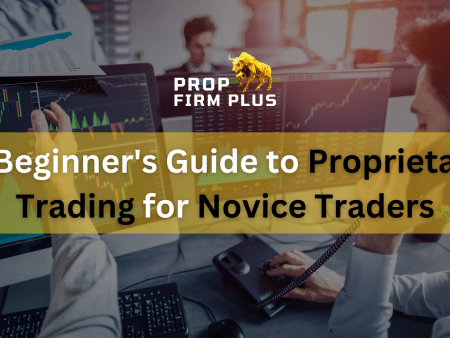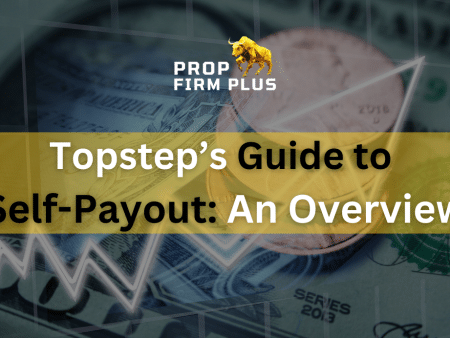
Scams may occasionally pose as legitimate prop trading firms in the industry, enticing gullible rookie traders. As a result, it becomes critical to be able to distinguish between trustworthy and fraudulent organizations. Here are two important things to think about:
Prop Firm Reputation: Analyzing a company’s reputation across a range of platforms—such as prop firm reviews, trade forums, and YouTube ratings—provides important information about the company’s performance and advantages and disadvantages. Make sure to use common sense to weed out trolls and unfair criticism.
Framework for Support: A reliable prop firm is distinguished by its strong support systems. Deep confidence may be instilled by knowing that trustworthy help is only a phone call or message away. Thus, find out if the company offers 24/7 assistance, is easily reachable, and answers questions quickly.
In conclusion, prop trading firms need to follow all applicable laws to guarantee worker safety. Even if not all prop firms are dishonest, it’s critical to be able to distinguish between trustworthy and fraudulent companies. Examining their standing on several platforms and evaluating their support system functions as a means of verifying their validity.
Warning Signs to Watch Out for
Trading through proprietary firms is a viable way for traders to improve their abilities and make substantial money. But not all companies are made equal, so it’s important to recognize the red flags while assessing the reliability of a potential prop firm. The following are important warning signs that might indicate a prop firm should be approached cautiously:
No Trace on Trustpilot: Reputable prop trading companies are usually active on review sites like Trustpilot. Verify that any link supplied by Trustpilot is active and legitimate. Analyze recent reviews from other websites to get a different perspective on other traders’ experiences. While every firm may receive some bad feedback, the vast bulk of these negative evaluations should raise serious concerns.
Website Quality: Well-established firms keep up polished, expertly designed websites. Spelling mistakes and unprofessional designs on a website might indicate that a less reliable company is behind it.
Online Presence: Trustworthy companies likely have extensive online participation that includes a lively email list and active social media sites. If a prop firm is noticeably missing from social media sites like YouTube, Instagram, or Facebook, it may be a subtle red flag.
Client Support: A track record of tardy customer service raises serious concerns. A good prop firm should be easily accessible to help its traders and offer prompt assistance when required.
Unrealistic Offers and Achievements: It’s no secret that proprietary trading firms provide difficult but worthy evaluations. A company may be viewed as lacking credibility if its claims, such as those about drastically increased profit projections, loose drawdown regulations, or incredibly cheap capital costs, appear too simple or too good to be true.
It is essential to carry out extensive research and due diligence before working with a prop firm. You can avoid scammers by being aware of the previously mentioned warning indicators.










